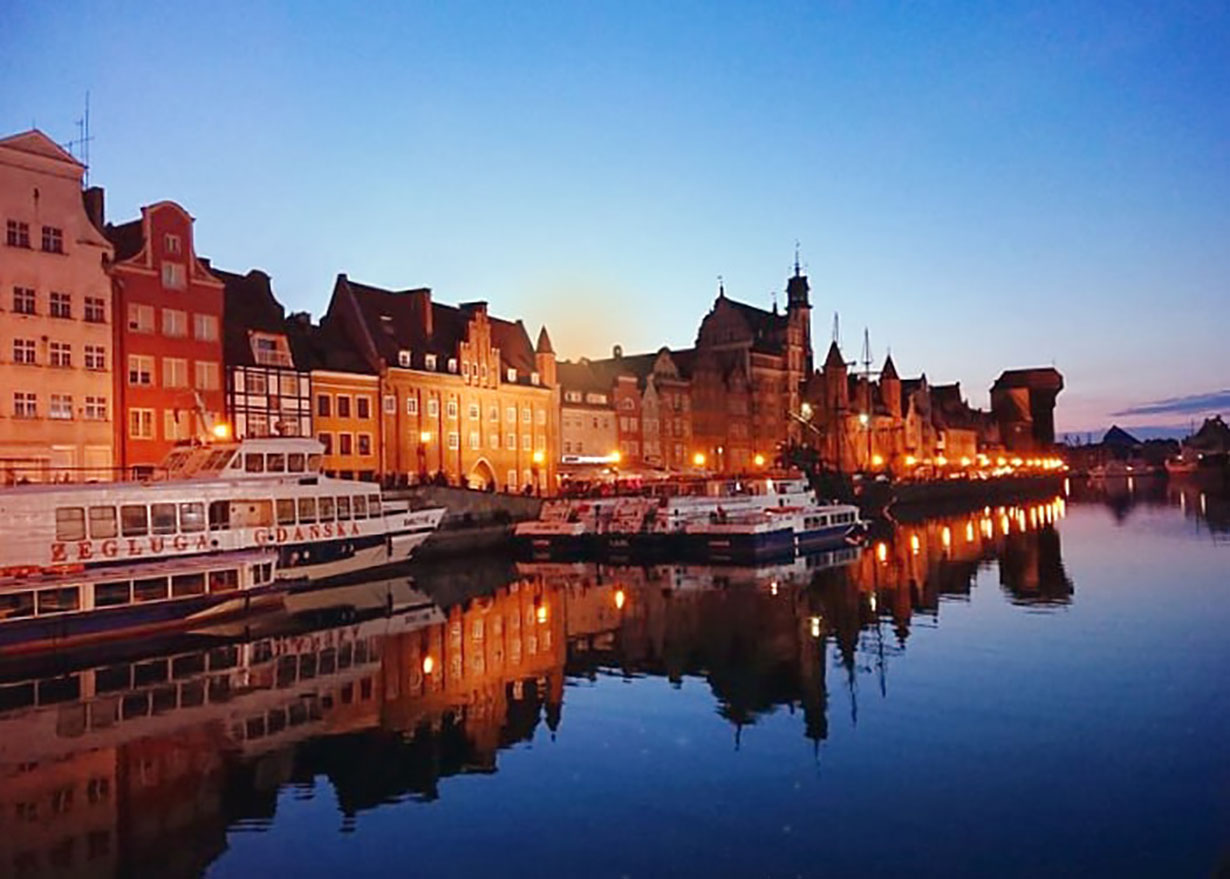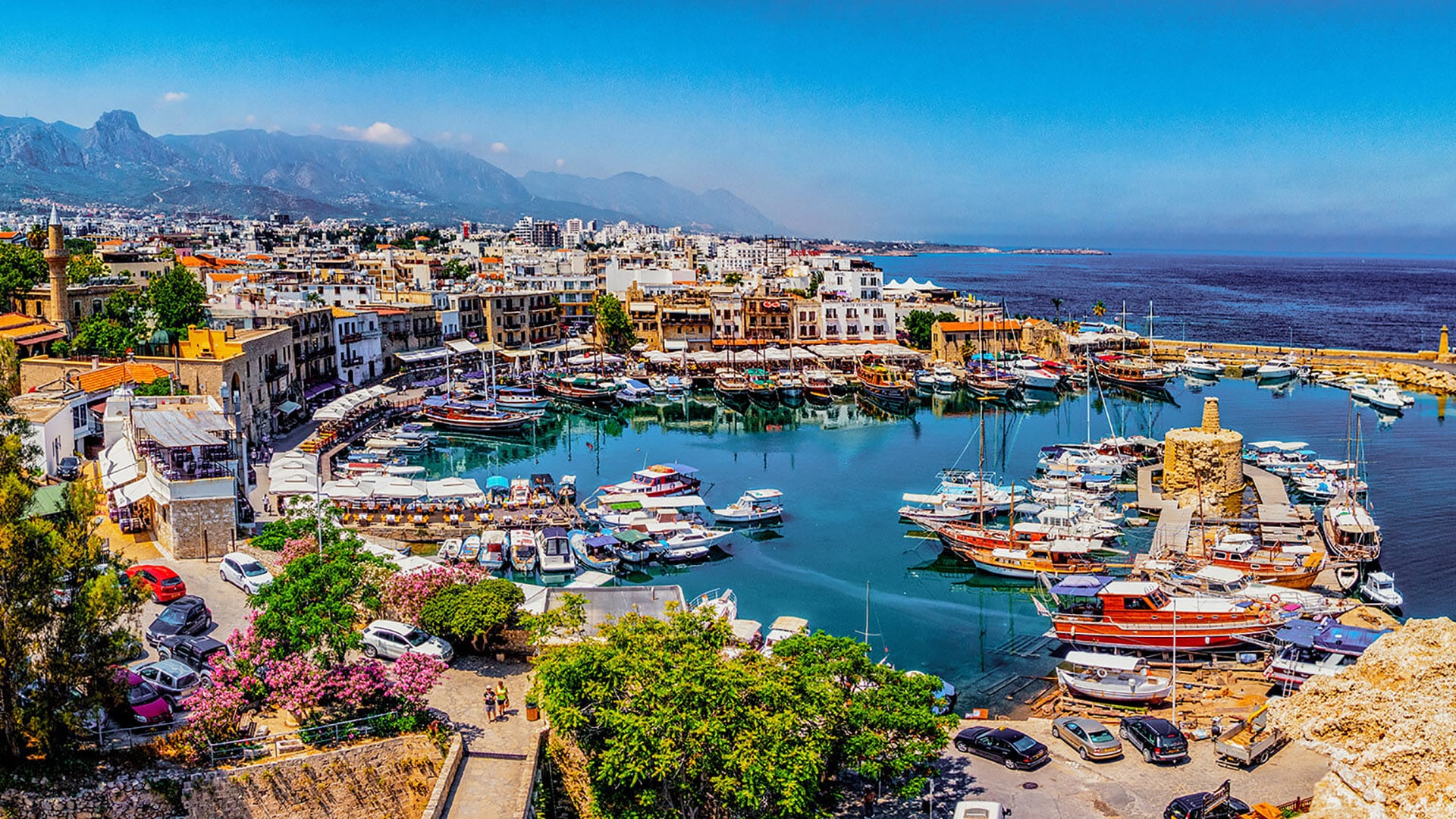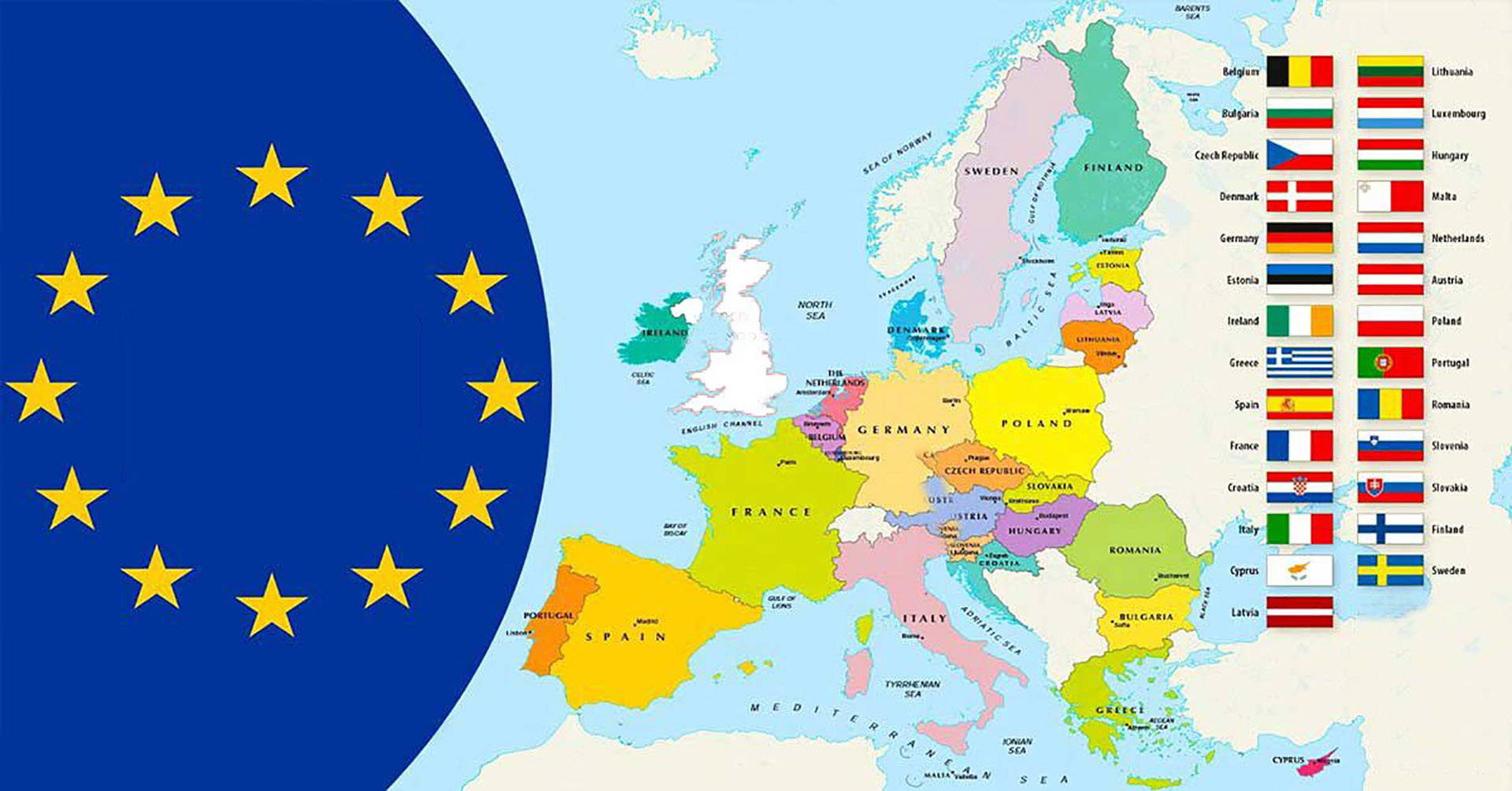SPECIFICS OF DOING BUSINESS IN SLOVAKIA
The Slovak government actively encourages foreign investment, as it is one of the essential driving forces of the country’s economy. This jurisdiction is attractive to foreign investors due to several factors, including relatively low wages, low tax rates, a highly educated workforce, a favourable geographic location in Central Europe, and membership in the European Union. Yet, it is to be noted that the economic situation may vary across different regions of Slovakia. For instance, in the eastern part of the country, the volume of economic investments is lower, leading to a comparatively lower standard of living.
In Slovakia, the Act “On the Residence of Foreigners” is in force, governing the legal status of foreign citizens and the procedures for obtaining a residence permit. Foreign citizens wishing to start their own business in the country are required to obtain a business licence. This permit grants the right to engage in business activities and is valid across the entire territory of the Slovak Republic.
TAXATION
In Slovakia, companies are required to pay corporate tax (tax on corporate income). Its standard rate is 21%. However, if the company’s annual turnover does not exceed 100,000 euros, a reduced rate of 15% can be applied. The tax rate on dividends is set at 7%, payable upon the distribution of the company’s profits. The amount of Value Added Tax (VAT) depends on the specific type of economic activity and ranges from 10% to 20%.
Foreign businessmen investing in the Slovak economy can count on certain tax incentives. The eligibility criteria for these incentives are contingent on various factors. For instance, the location where the business is registered matters: the extent of benefits may vary based on the developmental level of a particular region, the unemployment rate, and other indicators. Depending on the nature of a specific business, businessmen can count on tax incentives, monetary subsidies, compensation for job creation, etc. It is worth noting that these privileges do not extend to companies registered in Bratislava.
LICENSING
Certain regulated activities, which must adhere to strict demands, require a special permit. Such activities include the production and sale of weapons, jewellery production, ritual services, the production and sale of alcohol and tobacco products, and currency exchange services, among others. To obtain such a licence, it is necessary to provide the licensing office with evidence of the responsible person’s compliance with the specific criteria, such as documents regarding their education, of the absence of criminal record, etc. The process of obtaining concession licences usually takes 30 days, on condition that all the required documents are submitted on time.
REPORTING
The standard reporting period in Slovakia aligns with the calendar year from 01.01. to 31.12. Tax reports must be submitted to the relevant authorities within 3 months following the end of the reporting period (no later than March 31). If necessary, this period can be extended up to 6 months (until 30.06). The VAT report can be filed on a monthly or quarterly basis, with a submission deadline of 25 days after closure of the reporting period. In the event of errors or inaccuracies in the tax documentation, penalties may be imposed on the organization, or it may be deprived of a business licence.













